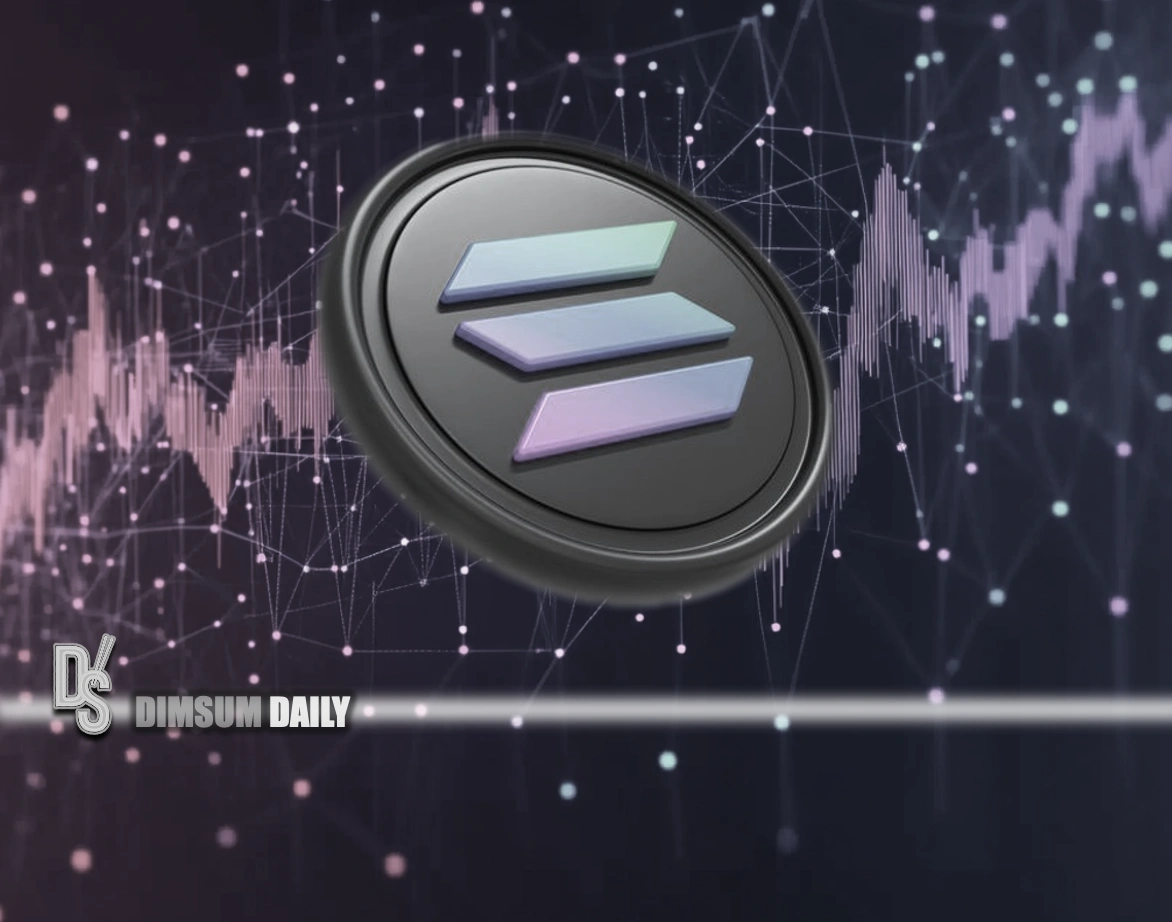Expansion of Digital Asset Options Reflects Changing Cryptocurrency Landscape
In an important development within the cryptocurrency sector, PayPal has recently embraced two popular digital currencies: Solana (SOL) and Chainlink (LINK). As of April 5, 2025, users across the United States and its territories can now engage with these cryptocurrencies through the PayPal platform, enabling them to buy, sell, hold, and transfer digital assets seamlessly.
Understanding the Shift
This enhancement underscores PayPal’s strategic initiative to reinforce its presence in the evolving cryptocurrency marketplace. Launching its crypto services in October 2020, PayPal has made continuous efforts to adapt to consumer demands and incorporate a variety of digital asset options. The inclusion of Solana and Chainlink is a significant step towards providing greater diversity for users interested in cryptocurrency investments.
Influence of Regulations and Investment Trends
The current regulatory environment surrounding cryptocurrencies in the U.S. has played a pivotal role in this decision. The U.S. Securities and Exchange Commission (SEC) recently exhibited a noteworthy shift in its approach, demonstrating leniency towards digital currencies like Solana and Chainlink. This changing regulatory stance may encourage further participation and investment in the space, as companies feel more secure operating within these guidelines.
Moreover, there has been an upsurge in venture capital investment in cryptocurrency services. Recent funding successes for firms such as RedotPay and Mesh indicate a robust interest in launching and improving cryptocurrency-related operations, signaling to users that the market is expanding and evolving.
Economic and Community Implications
The broader implications of PayPal’s decision extend beyond the company itself. By increasing access to cryptocurrencies, PayPal is fostering a more inclusive economic environment. As more individuals become acquainted with digital assets, there is the potential for increased financial literacy and participation in the digital economy.
This movement toward embracing cryptocurrencies suggests a future where traditional financial institutions increasingly recognize and adapt to the demand for digital asset integration. PayPal’s latest offerings could serve to catalyze this trend, making digital investments more accessible and appealing to a wider audience.
Conclusion
As PayPal expands its cryptocurrency services, it reflects not only a shift in corporate strategy but also a growing acknowledgement of the role digital assets play in modern financial ecosystems. The incorporation of Solana and Chainlink not only enhances user experience, but it also marks a significant moment in the ongoing evolution of the cryptocurrency landscape in the United States.


